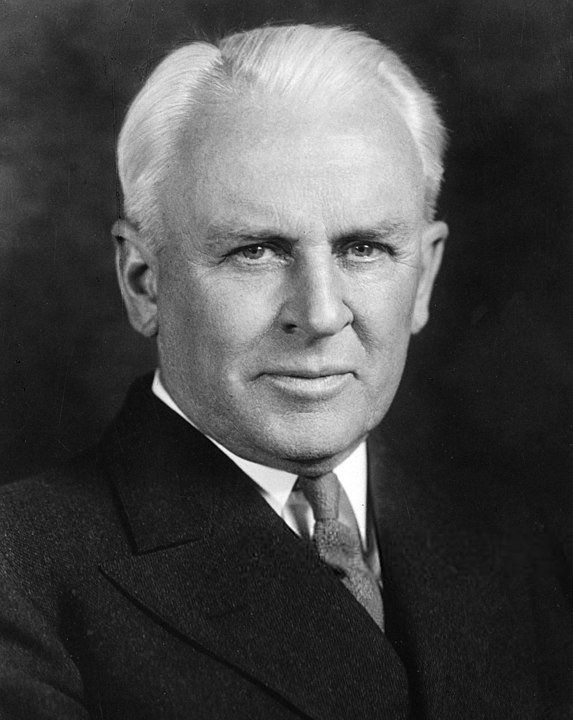Why was Robert Andrews Millikan Awarded the Noble Prize for Physics in 1923?
Robert Andrews Millikan: The Noble Prize-Winning Pioneer of Fundamental Physics in 1923
Robert Andrews Millikan, an American experimental physicist, made groundbreaking contributions to the field of physics during the early 20th century. Known for his meticulous experiments and precise measurements, Millikan played a pivotal role in advancing our understanding of the fundamental properties of electricity and the nature of light. In recognition of his exceptional achievements, he was awarded the Nobel Prize for Physics in 1923. This article delves into the reasons behind Millikan’s prestigious honor and highlights his significant scientific breakthroughs.

The Measurement of the Elementary Electric Charge:
Millikan’s Nobel Prize was primarily awarded for his meticulous determination of the elementary electric charge through the famous oil-drop experiment. Conducted between 1909 and 1913, this landmark experiment involved suspending tiny oil droplets in an electrically charged chamber and measuring their motion under the influence of electric fields.
By carefully measuring the velocity and motion of the oil droplets, Millikan was able to calculate their charge-to-mass ratio. Moreover, by analyzing multiple droplets, he observed that the charge on each droplet was quantized, demonstrating that the electric charge exists in discrete units. Ultimately, Millikan’s pioneering work provided the first accurate measurement of the elementary electric charge and confirmed its quantized nature.
Significance of the Oil-Drop Experiment:
Millikan’s oil-drop experiment revolutionized our understanding of the fundamental properties of electricity and laid the foundation for future studies in atomic and subatomic physics. By accurately measuring the elementary charge, he provided an essential constant for subsequent calculations and theories. Moreover, his experiment supported the notion that electric charge is quantized, further reinforcing the emerging field of quantum mechanics.
Contribution to the Photoelectric Effect:
In addition to his work on the measurement of the electric charge, Millikan also made significant contributions to the understanding of the photoelectric effect. Building upon Albert Einstein’s explanation of the phenomenon, Millikan conducted experiments to precisely measure the energy required to liberate electrons from metal surfaces when exposed to light.
His experiments confirmed the existence of a threshold frequency below which no electrons were emitted, supporting the concept of photon energy quanta. Millikan’s meticulous measurements and analysis of the photoelectric effect further advanced our understanding of the interaction between light and matter, contributing to the development of quantum theory.
Impact on the Field of Physics:
Millikan’s experiments and precise measurements significantly influenced various branches of physics. His determination of the elementary electric charge laid the groundwork for future advancements in atomic and particle physics, providing a crucial constant for subsequent calculations and theories. Additionally, his work on the photoelectric effect contributed to the broader understanding of the quantum nature of light and its interaction with matter.
The Nobel Prize Recognition:
Robert Andrews Millikan Nobel Prize for Physics in 1923 not only acknowledged his exceptional scientific achievements but also highlighted the importance of meticulous experimentation and precise measurements in the field of physics. His groundbreaking work on the elementary electric charge and the photoelectric effect paved the way for future discoveries and advancements in quantum mechanics and atomic physics. The recognition served as a testament to Millikan’s dedication to empirical research and his invaluable contributions to fundamental physics.
Conclusion:
Robert Andrews Millikan Nobel Prize for Physics in 1923 honored his exceptional contributions to the field and recognized his pioneering experiments and precise measurements. His determination of the elementary electric charge through the oil-drop experiment revolutionized our understanding of electricity and quantum mechanics. Furthermore, his work on the photoelectric effect contributed to our knowledge of the interaction between light and matter. Millikan’s scientific achievements not only advanced physics but also emphasized the importance of meticulous experimentation and empirical research.




